

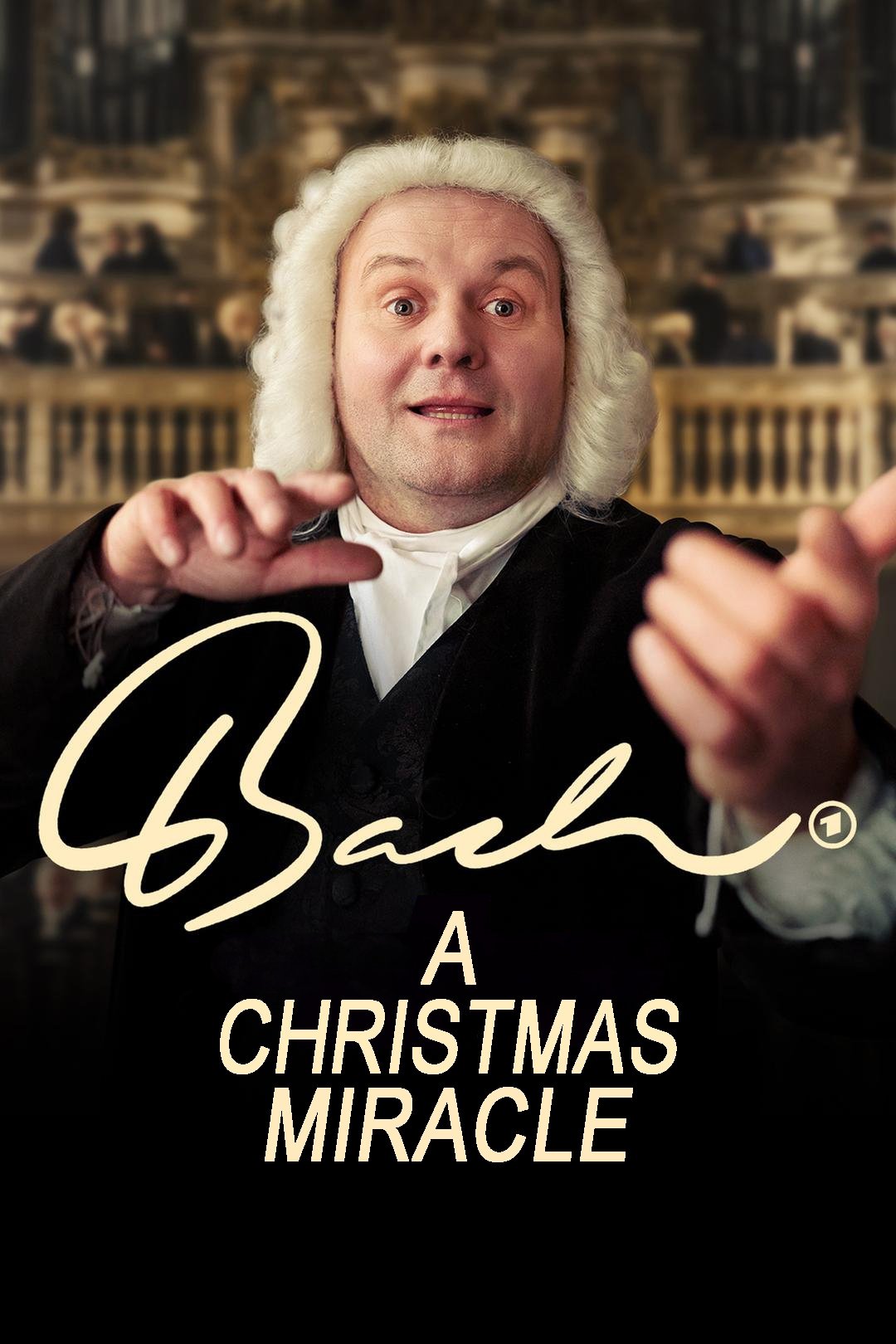
Leipzig, December 1734: Christmas brings the Bach family together. The...
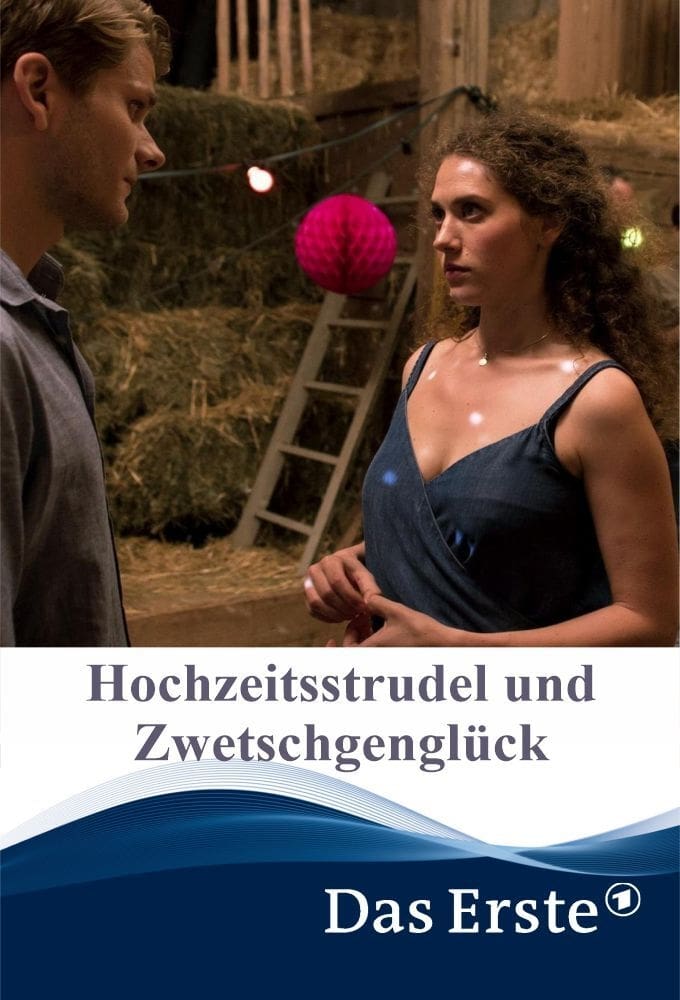
When Hanna (Fanny Krausz) unexpectedly inherits half of her deceased...
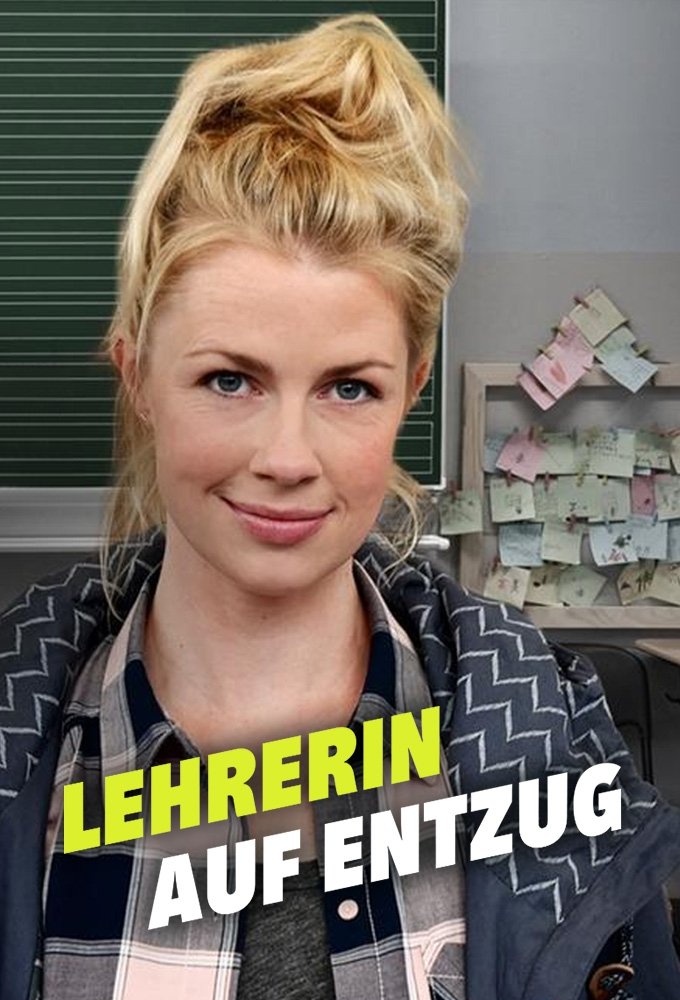
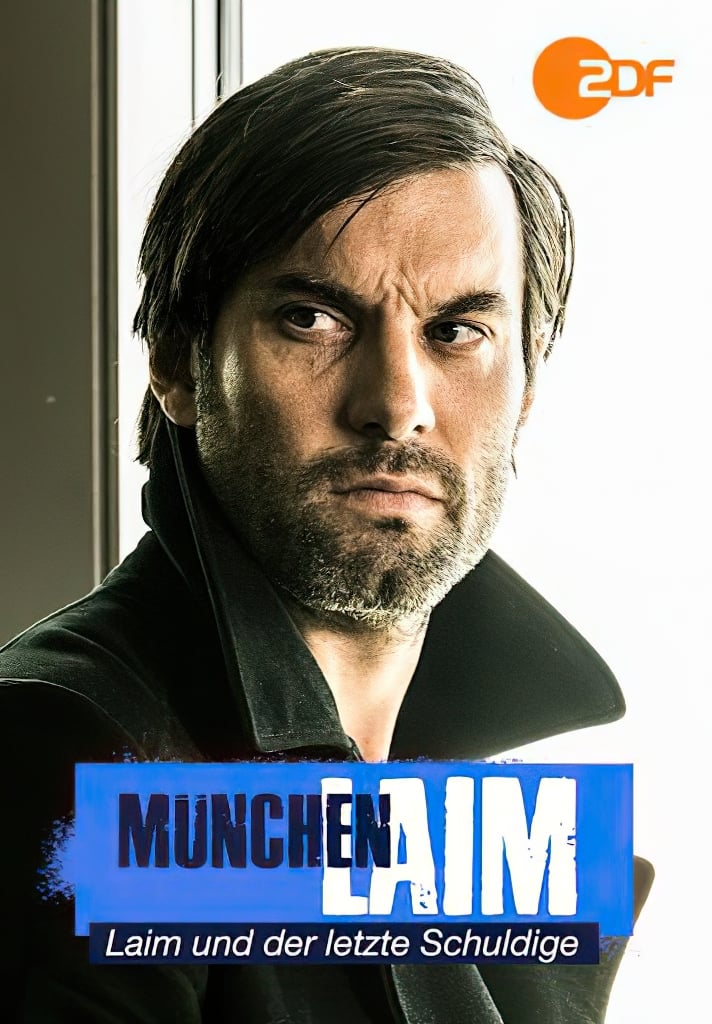
The Munich LKA officer Sandra Rutkowski received an anonymous call...
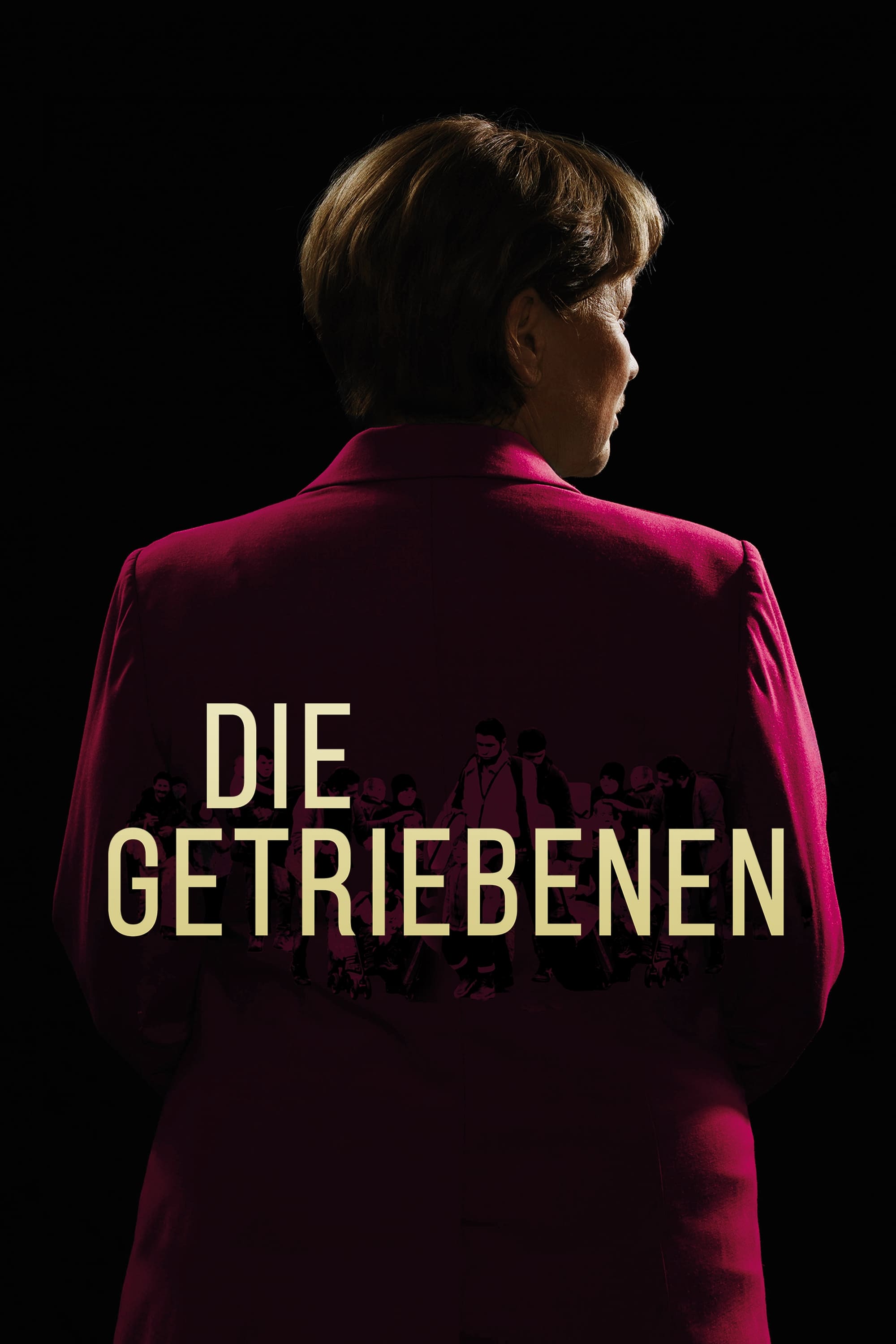
Angela Merkel's decision in autumn 2015 to open the borders...